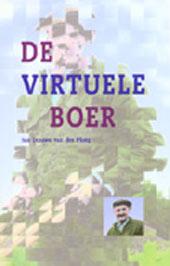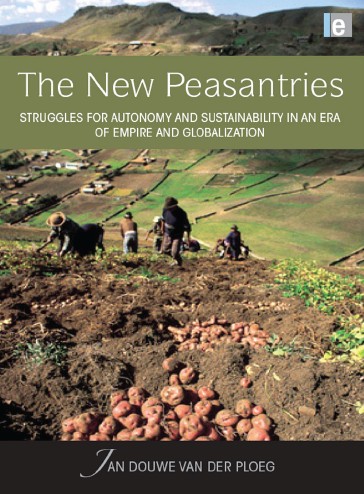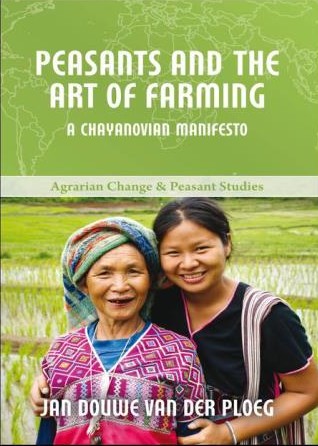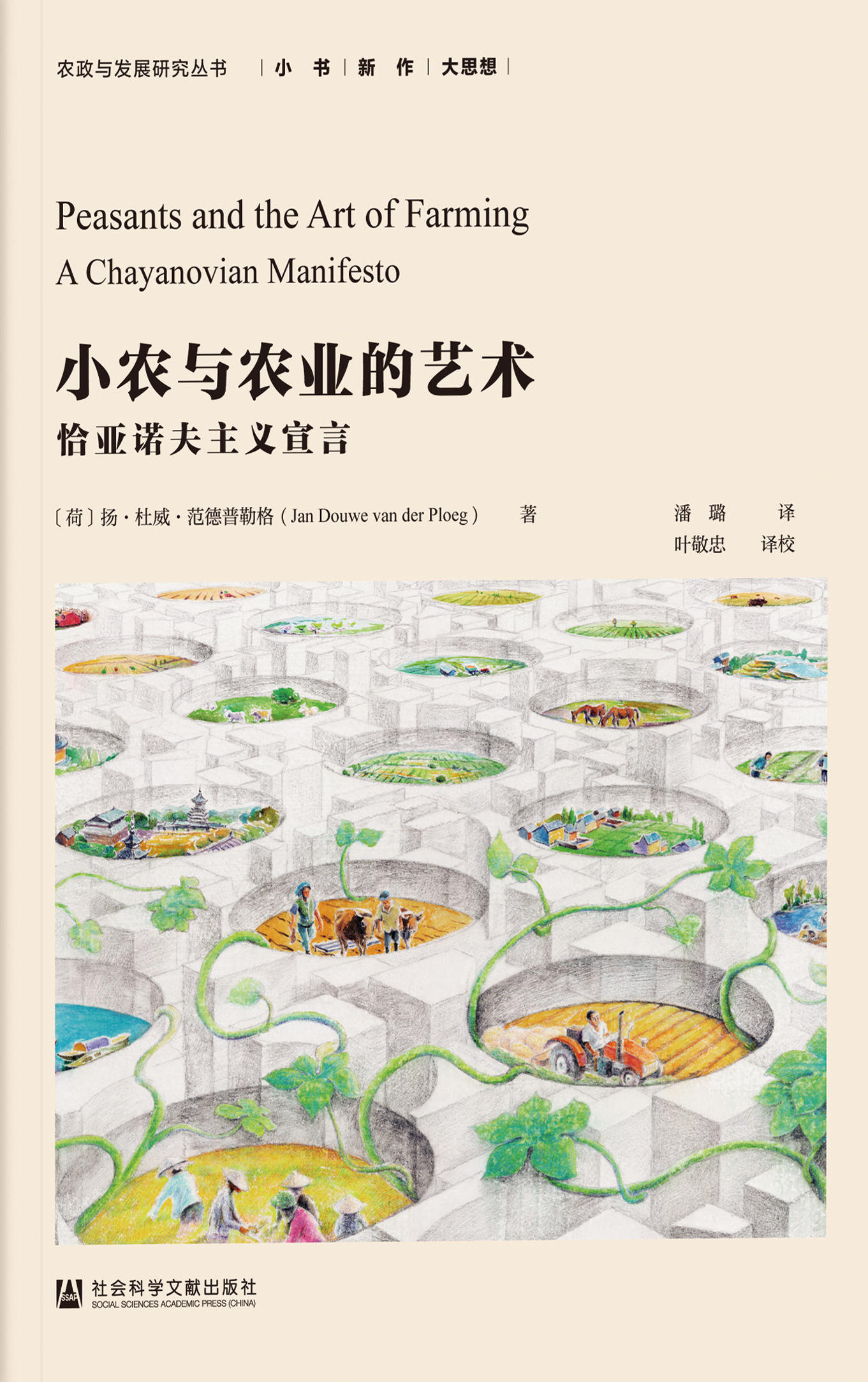Journal of Rural Studies 21 (2005)
J.D. van der Ploeg,The virtual farmer; past, present and future of the Dutch peasantry, Royal Van Gorcum, Assen, ISBN 9023238923, 2003 (XII+423pp, pbk. EUR 37.50).
Published in: Journal of Rural Studies 21 (2005) 131-135
Jan Douwe van der Ploeg and his research group 'Rural Sociology' from Wageningen University belong to the founders of the academic interest in both farming styles and in the renewal of the countryside. In this book, with the mysterious title 'The virtual farmer', both elements are brought together. This as such is already attractive, because the different ideas and concepts as they were developed by Van der Ploegand his companions in the past, were until now, scattered over many articles, books, and reports. In the first half of the 10 chapters in total (with again sometimes mysterious titles such as 'Dancing through Time', and 'Capturing the intangible'), Van der Ploeg defends his notion of farmingstyles. Both theoretically and empirically he describes 'farmingstyle' along three axes. Summarising in his own words (p. 111): (1) It is a coherent set of strategic notions about how to farm, (2) It is an internally consistent, congruous way of farming, (3) It has to be realised through the integration of other projects. And in my own words: farmers do differ both in goals and ways of farming. Next, the title of the book comes into play. The expert system around Dutch agriculture has reduced the many different types of farmers with their own different farmingstyles into just one model of farmer and farming. The rational, full-time, profit-maximising, growth oriented, but non-existent, so virtual, farmer. And what is worse in the eyes of Van der Ploeg, this non-existent farmer became the basis for the main agricultural policy. Although the examples are mostly taken from the Netherlands, Van der Ploeg implicitly claims that the same happened in other parts of Europe. In the next chapters, Van der Ploeg shows that the one-dimensional policies directed at the virtual farmer (subsidies for modernisation, measures to discourage small or part-time farmers, incentives for farmers to become more world market oriented, rural reconstruction programmes) were not so very successful; many farmers and many positive developments were frustrated by the policies that were in force. And as far as the policies were successful, they destroyed and destructed employment, biodiversity, food quality, and social life in rural areas.
Van der Ploeg goes even further. It is not just the Misunderstanding of the nature of farming and the neglect of different farming styles that has led to these tragic results. It was a deliberate megaproject of modernisation, directed at the virtual farmer. A plan with many different actors, all striving for the same goal: a modern, world market-oriented, mechanised agricultural sector. In the case of the Netherlands these participants are, among others, the Ministry of Agriculture, the farmers organisations, the extension service, Statistics Netherlands, the agricultural schools, and the agricultural departments of the universities. All working together in a huge modernisation project, as if it were a conspiracy. This pseudo-conspiracy has destructed all 'non-desirable' developments. It is also the cause of difficulties that are experienced by farmers and others who try to develop elements of modern rural renewal. From quality production to nature conservation, from environmental efforts to farmers markets. I agree with the analysis of Van der Ploeg to a large extent, except for the idea of a pseudo-conspiracy. It was probably more a paradigm fixation: the actors in charge all perceived only one reality, the reality of the virtual farmer. And where rural renewal is concerned, what I see today is not suppression by the expert system, but massive support. Multifunctional agriculture is thought to play a key role in present day rural restructuring. A new paradigm, the paradigm of rural renewal is developing.
The virtual farmer is a rich book, a story built upon detailed elements. Like in a detective novel, although the style of writing is far from light-footed. The quantitative underpinning is sometimes weak. Too many diagrams are presented without a scale; all too often Van der Ploeg juggles with figures. But what remains is a detailed sociological study of the post-war agricultural modernisation process in the Netherlands, and all the failures that came along with it, with many lessons for the future. Not just for the Netherlands but for the whole of Europe.
Dirk Strijker Faculty of Spatial Sciences, Groningen University, The Netherlands
- Journal of Rural Studies 21 (2005)






NEW
Jan Douwe van der Ploeg
Formerly Professor and Chair of Rural Sociology and Emeritus professor of Transition Studies at Wageningen University (WUR), the Netherlands and Adjunct Professor of Rural Sociology at the College of Humanities and Development Studies (COHD) of China Agricultural University (CAU) in Beijing, China.
e-mail: clic here
Jan Douwe van der Ploeg
Formerly Professor and Chair of Rural Sociology and Emeritus professor of Transition Studies at Wageningen University (WUR), the Netherlands and Adjunct Professor of Rural Sociology at the College of Humanities and Development Studies (COHD) of China Agricultural University (CAU) in Beijing, China.
e-mail: clic here